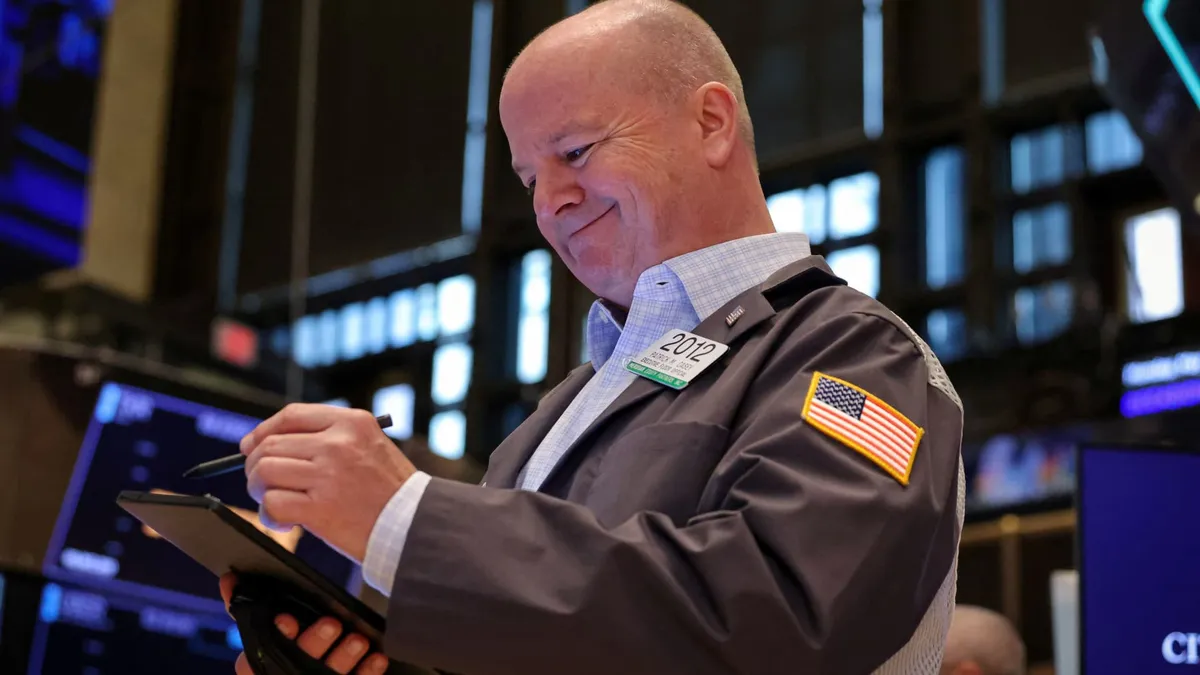
On Thursday night, stock futures traded near the flatline following a four-day rally of the S&P 500. This surge was supported by recent temporary tariff cuts between the U.S. and China, as well as encouraging reports on inflation. Futures associated with the Dow Jones Industrial Average gained 41 points, or 0.1%, while S&P 500 futures increased by 0.03%. The Nasdaq 100 futures saw a slight uptick of 0.04%.
The stock market has shown a remarkable comeback after U.S. and Chinese officials announced a 90-day truce regarding their tariff measures earlier this week. This agreement has alleviated investors' concerns regarding escalating global trade tensions and the potential economic risks associated with it. The S&P 500, in particular, rose for the fourth consecutive day on Thursday, closing the session up by 0.41%. Meanwhile, the Dow Jones Industrial Average climbed 0.65%, although the tech-heavy Nasdaq Composite experienced a slight decline of 0.18%.
Callie Cox, chief market strategist at Ritholtz Wealth Management, noted, "Today was just a continuation of what we've seen over the past few days, this sigh of relief in response to the U.S. bringing down tariff rates on China." She emphasized that there remains uncertainty regarding the economic implications of these tariffs, stating that investors are now searching for stability while assessing the economic damage.
Thursday's market actions were further bolstered by a soft inflation report indicating that wholesale prices decreased by 0.5% in April compared to the previous month. This follows the earlier release of April's consumer price index, which recorded a 12-month growth rate of 2.3%—the lowest since February 2021. The positive inflation news has contributed to the recent market surge, particularly among major technology companies.
The recent rally has been significantly powered by a rebound in major tech stocks. Companies like Nvidia and Tesla have surged approximately 15% this week, while big tech players such as Meta Platforms and Amazon have seen increases of 8% and 6%, respectively. Overall, the S&P 500 has risen by 4.5% this week, the Dow has gained over 2%, and the Nasdaq Composite has climbed 6.6% week to date.
Despite the positive sentiment driven by the temporary agreement between the U.S. and China, some major U.S. companies are starting to voice concerns about rising costs and an uncertain macroeconomic outlook. For instance, Walmart announced on Thursday that it might have to raise prices on certain items in late May due to the impact of tariffs. This concern was overshadowed by the tech-led optimism stemming from the tariff news, but it highlights an undercurrent of anxiety in the market.
Cox remarked, "We're getting these little signs of tariff impact that haven't really overwhelmed investors' attention yet, but could be indicative of cracks forming underneath the surface."
Looking ahead, traders will be keeping a close eye on upcoming economic data releases. On Friday, key indicators such as housing starts data and the University of Michigan's consumer sentiment survey are expected to provide further insights into the economic landscape. These reports will be essential for understanding how consumer confidence and housing trends may influence market dynamics in the near future.